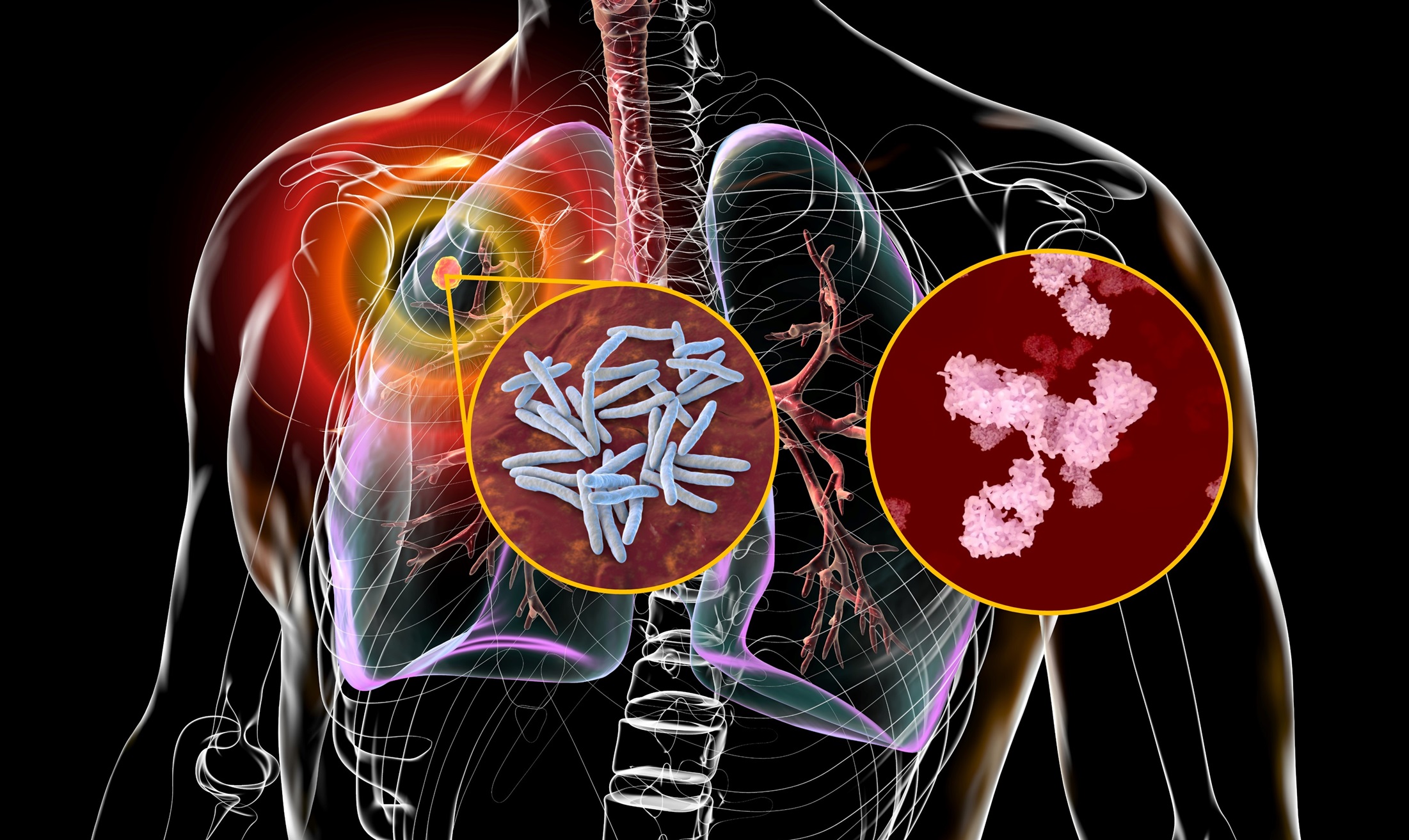The Unease Modulation Model: Revolutionising Health, Stress Management and Public Policy | Dr Joseph Arpaia – Dr Judith P. Andersen
Original Article Reference
This SciPod is a summary of the paper ‘The Unease Modulation Model: An Experiential Model of Stress With Implications for Health, Stress Management, and Public Policy’, published in the open access journal Frontiers in Psychiatry. DOI: https://doi.org/10.3389/fpsyt.2019.00379
About this episode
Stress is inherently prevalent in our lives and can have seriously deleterious impacts on individual health and well-being, as well as society more broadly. Dr Joseph Arpaia a psychiatrist in private practice in the USA, and colleague Dr Judith P. Andersen of the University of Toronto Mississauga in Canada, have proposed a new theoretical account of stress that has the potential to revolutionise clinical care in the fields of psychiatry and addiction, and improve well-being on a global level.
This work is licensed under a Creative Commons Attribution 4.0 International License. 
What does this mean?
Share: You can copy and redistribute the material in any medium or format
Adapt: You can change, and build upon the material for any purpose, even commercially.
Credit: You must give appropriate credit, provide a link to the license, and indicate if changes were made.
More episodes
Dr Matthew Sherrer | The Icarus Paradox in Anesthesiology: Building on Success and Avoiding Stagnation
As a medical specialty, anesthesiology has made remarkable progress to deliver patient safety at an incredibly high level, while administering drugs that could potentially be very dangerous at a slightly increased dose. However, just like the case of Icarus, a character in Greek mythology who flew too close to the sun before plummeting back to Earth, success can carry the seeds of failure. The impressive progress towards patient safety could conceivably lead to the extinction of anesthesiology as a specialty. In the context of cutting costs and an environment where the return-on-investment for anesthesiologists is not always clear, there may be a temptation to replace anesthesiologists with other professionals, such as specialized sedation nurses, or with new technologies.
Dr. P. R. Raghavan | The Potential Effects of a Dietary Supplement on a Range of Health Issues
Dr. P. R. Raghavan, CEO and Chairman of Nanorx Inc., developed Metadichol, a nutritional supplement that has shown potential in treating a range of health issues. Dr. Raghavan suggests that the supplement may help to stave off illnesses such as diabetes and antibiotic-resistant infections.
Dr. Matthew Sherrer | An Infinite Game Mindset for Enhanced Cooperation in Anesthesia
Anesthesia in the US is currently delivered through a team-based approach, with physician anesthesiologists supervising certified registered nurse anesthetists. However, in over 20 states, there is no requirement for nurse anesthetists to be supervised by anesthesiologists, allowing them to work independently. This has resulted in a bitter turf war over the rights and responsibilities of physicians and advanced practice nurses working in this discipline to provide patient care, paving the way for daily acrimony and a toxic working environment. The mindset behind this adversarial approach can be compared with a “finite game”, where there are clear winners and losers. Aiming to challenge this dysfunctional tribalism, Dr. Matthew Sherrer from the University of Alabama Birmingham and colleagues have drawn on an alternative mindset: the infinite game.
Professor Lobelia Samavati | Paving the Way for Antibody-based Diagnostics for Tuberculosis and Sarcoidosis
Tuberculosis – or TB – is a global health threat, with 10 million new cases annually. Diagnosing TB can be a challenge, as there is a lack of rapid, point-of-care diagnostic tests. It can also be difficult to distinguish between TB and other inflammatory diseases, such as Sarcoidosis. One option may be to identify antibodies in patient samples that can reveal the presence of TB. However, current antibody tests for TB lack accuracy. Professor Lobelia Samavati and colleagues at the Wanye State University School of Medicine in Michigan are tackling this challenge to cast light on the immune signature of these diseases. Their aim is to develop new diagnostic techniques for TB and Sarcoidosis.
Increase the impact of your research
• Good science communication helps people make informed decisions and motivates them to take appropriate and affirmative action.
• Good science communication encourages everyday people to be scientifically literate so that they can analyse the integrity and legitimacy of information.
• Good science communication encourages people into STEM-related fields of study and employment.
• Good public science communication fosters a community around research that includes both members of the public, policymakers and scientists.
• In a recent survey, 75% of people suggested they would prefer to listen to an interesting story than read it.

Step 1 Upload your science paper
Step 2 SciPod script written
Step 3 Voice audio recorded
Step 4 SciPod published




